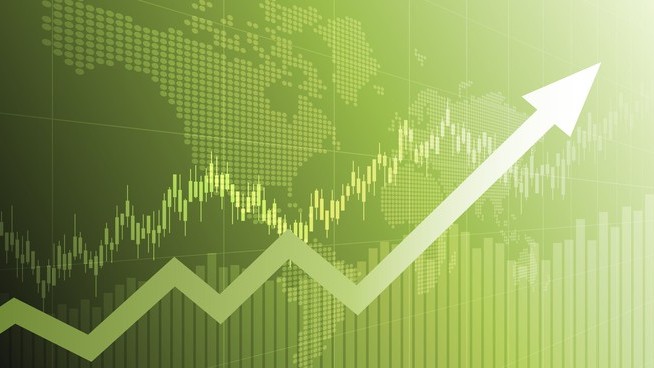There are signs that China's punishing campaign against Australian commodity exports is backfiring as the country is taught a tough lesson in economics 101.
Two dozen cities across China's heartland are forced to ration electricity, reported News.com.au.
This is due to a much hotter than usual summer and lack of coal to fire-up their power stations.
Surging commodity prices haunting China
Further, the price of thermal coal is surging. The commodity is up more than 90% over the past year and is trading at its highest level since 2018 at around US$121 a tonne.
While coal prices surge, energy demand has jumped 24% over the same time last year. It isn't only the unseasonably hot weather that's to blame.
Power demand from factories is soaring as the Chinese industrial machinery goes to full speed to meet pent-up demand as the world emerges from COVID-19.
Burning cash
It's also reported that 16 or 18 power plants owned by one of China's largest power utilities, Guangdong Energy Group Co, is running at a loss in the first quarter of 2021, according to News.com.au.
The Chinese government is prioritising home cooling over industrial production. This is forcing factory owners to operate at night and panic buy portable power generators. This reminds me of the toilet paper frenzy that hit our supermarkets.
In case you forgot, China banned the import of Australian coal as it seeks to punish the Morrison Government.
ASX shares beating Beijing
ASX coal miners finally have a reason to feel more upbeat. The Whitehaven Coal Ltd (ASX: WHC) share price and New Hope Corporation Limited (ASX: NHC) share price have rallied recently.
The Chinese government isn't one for admitting defeat. It said that the problem isn't linked to the Australian coal ban and that domestic supply of coal is sufficient to meet demand.
I am not sure who believes that but China is pointing to similar issues in Japan and Taiwan.
Hot weather playing havoc
However, Japan has little reliance on coal for power and it's also suffering from an extremely hot summer.
Meanwhile, the lack of rain in Taiwan is holding back the county's hydroelectric power generation.
Ask any economists that isn't employed by China and they will tell you that China's ban on our coal has curtailed supply to that market and is contributing to the problem.
China at war with several ASX shares
Let's also not forget that Beijing has slapped prohibitive duties on other Australian goods, including barley, wine and seafood.
Coincidentally, global food prices have surged to a decade high too. Droughts in countries like Brazil and other supply chain disruptions caused by COVID-19 are to be blamed.
There's less evidence that these bully-boy tactics are coming back to bite the Asian giant in the posterior. But it's never a good idea to cut off a major supplier at a time of rising prices.









